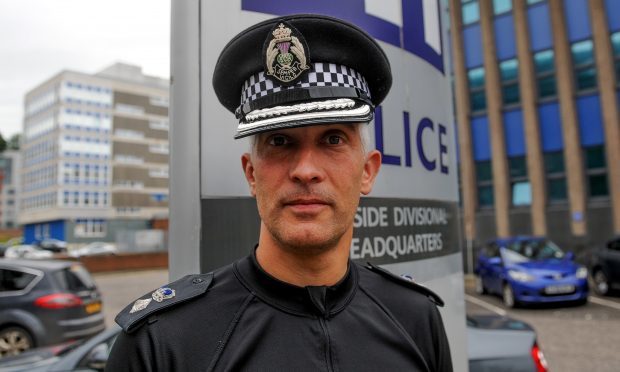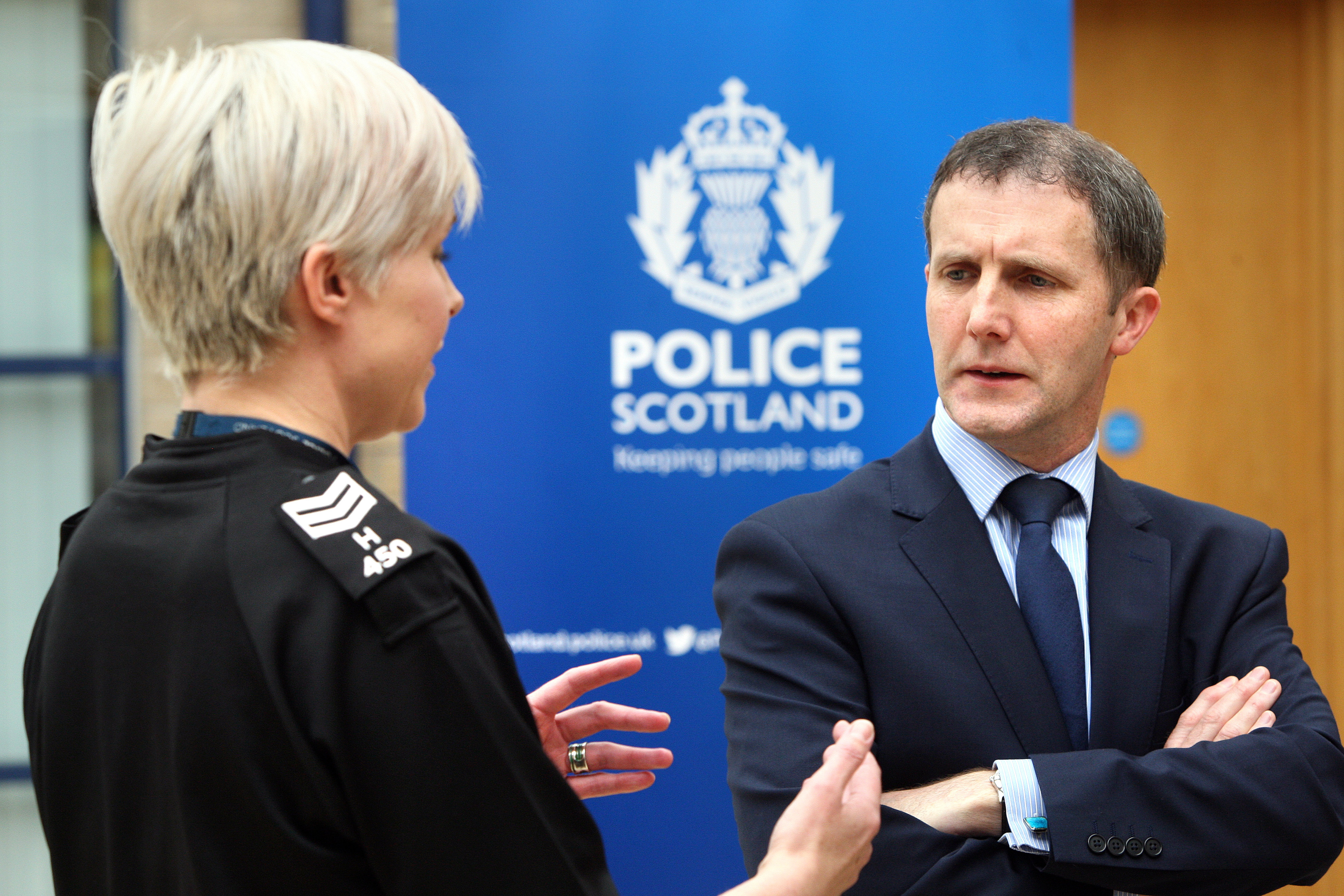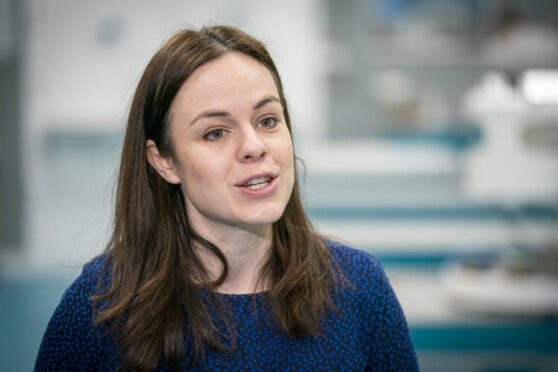Tayside’s most senior police officer has said finding new ways to tackle the “huge” level of mental health demand in the region is the force’s greatest challenge.
Divisional Commander, Chief Superintendent Paul Anderson said the force in Tayside is dealing with a complicated “mix of demand” and is looking at new ways of taking on difficult social problems across the wider spectrum of Scotland’s public services.
The force faced criticism following a spike in violent and sexual crime but Mr Anderson revealed the service is looking to reinforce relationships with third party and charity bodies to help drive down the number of serious incidents.
“Mental health is not just an issue for the health service,” he said.
“My officers and staff come into contact with people in times of crisis day in, day out and it caters for a huge amount of our demand.
“Dealing with crises around people who are missing from home, looking for young people who have chosen to leave their house and not go back or go out of care; people with elements of real vulnerability — it’s an area where there is a tremendous amount of work going on at the moment.”
Police Scotland was one of the first police services in the UK to implement mandatory mental health and suicide intervention training for all officers, up to and including the rank of Inspector.
Mr Anderson said: “Going forward, it’s something that as a police service we can’t deal with alone.
“We’re looking for joint ways of doing things and we already have joint delivery hubs dealing with community safety, looking after the vulnerable and dealing with domestic violence — that’s our greatest challenge.”
Neil Campbell, director of RockSolid Dundee, a youth project which coordinates mental health services for young people, welcomed Mr Anderson’s comments.
He said: “I think there could be a real crisis in mental health if things aren’t moved in a direction where institutions are able to better work together.
“It can be too easy to make prejudgements on the needs of young people and officers are, perhaps, not always readily equipped to deal with the complexity of the issues behind some of the incidents they are called to.”
Justice secretary Michael Matheson said the Scottish Government is committed to ensuring people receive appropriate care, “no matter the setting, with specific attention being given to mental health”.
He added: “Police Scotland continues to evolve to meet the changing nature of crime and society, working with the wider public sector and others to keep communities safe from a range of harms.”











